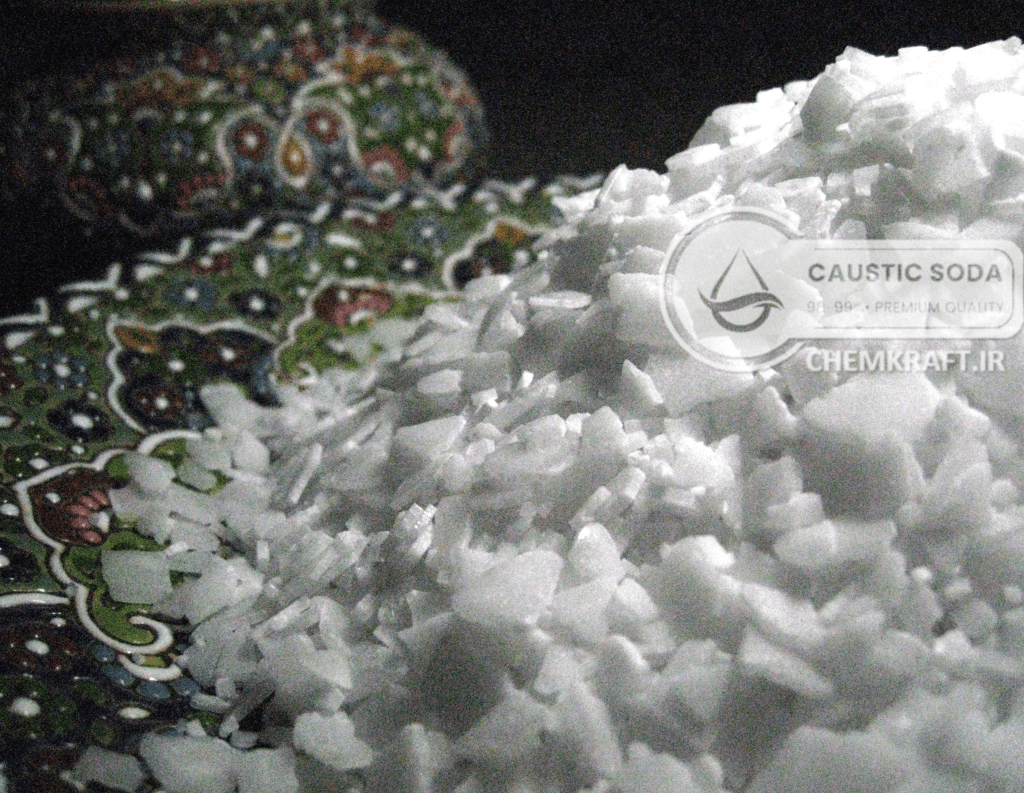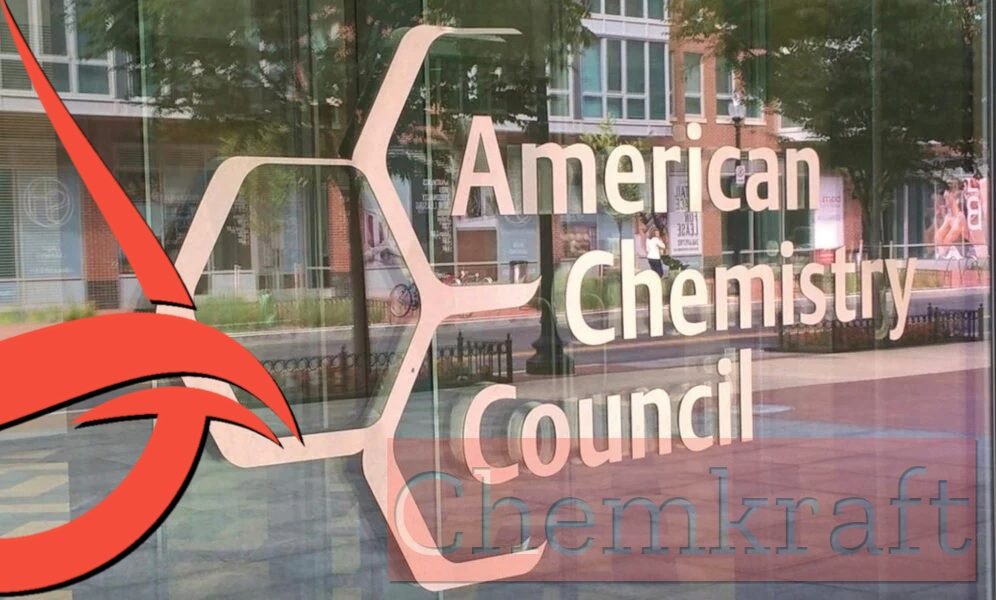Introduction
The American Chemistry Council ‘s Chlorine Chemistry Division, a pivotal segment within the broader ACC framework, plays a central role in steering the chlorine industry toward innovation, sustainability, and responsible practices. In this article, we delve into the mission, initiatives, and significance of the Chlorine Chemistry Division, accompanied by a numbered list of its members and their related website addresses.
I. The American Chemistry Council (ACC):
The ACC stands as the foremost advocate for the chemical industry in the United States. Comprising various divisions, each catering to distinct facets of the chemical landscape, the ACC operates with a commitment to advancing scientific understanding, advocating for sound policies, and fostering sustainable solutions.
II. Chlorine Chemistry Division’s Core Focus:
Serving as the representative body for the chlorine sector, the Chlorine Chemistry Division focuses on key objectives that define its role within the ACC:
1.Advocacy and Representation:
- Actively engaging with regulatory bodies and policymakers to represent the chlorine industry’s interests.
2.Safety and Responsible Manufacturing:
- Promoting safety and responsible practices in the production, use, and disposal of chlorine-related products.
3.Innovation and Research:
- Fostering innovation through support for research and development initiatives in chlorine chemistry.
4.Information Exchange and Education:
- Facilitating knowledge exchange through forums, conferences, and educational programs for stakeholders in the chlorine sector.
Related Post: CEFIC, EUROCHLOR, AND COLLABORATIVE INITIATIVES: NURTURING SUSTAINABILITY IN THE CAUSTIC SODA INDUSTRY
III. Sustainability Initiatives:
The Chlorine Chemistry Division places a strong emphasis on sustainability, aligning its initiatives with environmental responsibility:
Responsible Care Program:
- Active participation in the global Responsible Care® program, committing to enhanced environmental, health, safety, and security performance.
Product Stewardship:
- Promoting responsible product management practices throughout the lifecycle of chlorine-related products.
1.Water and Energy Efficiency:
- Advocating for enhanced efficiency in water usage and energy consumption within the chlorine manufacturing process.
IV. Industry Collaboration and Partnerships:
Recognizing the power of collaboration, the Chlorine Chemistry Division works closely with industry partners, environmental groups, and stakeholders to foster shared responsibility and collective action.
V. The Significance of Membership:
Membership in the ACC’s Chlorine Chemistry Division offers distinct advantages for companies involved in chlorine chemistry:
Advocacy Influence:
- Direct participation in shaping industry policies and regulations, influencing decisions impacting the business environment.
Access to Resources:
Membership provides access to a wealth of resources, including research findings, best practices, and industry insights.
1.Networking Opportunities:
Companies benefit from networking opportunities, fostering collaboration, partnerships, and shared learning experiences.
2.Sustainability Leadership:
Membership aligns companies with a commitment to sustainability, enhancing their reputation as responsible industry leaders.
VI. Members of the ACC’s Chlorine Chemistry Division:
Here is a numbered list of some members of the ACC’s Chlorine Chemistry Division along with their website addresses:
1.Dow Chemical Company:
- Website: Dow
2.Occidental Chemical Corporation:
- Website: Occidental Chemical
3.Olin Corporation:
- Website: Olin
4.Formosa Plastics Corporation, USA:
- Website: Formosa Plastics
5.Westlake Chemical Corporation:
- Website: Westlake Chemical
Related Post: EUROCHLOR: UNITING THE EUROPEAN CHLORINE INDUSTRY FOR SUSTAINABLE GROWTH
Please note that this list may not be exhaustive, and membership details can change over time. For the most up-to-date information, it is recommended to visit the official websites of the respective companies and the Chlorine Chemistry Division of the American Chemistry Council.










